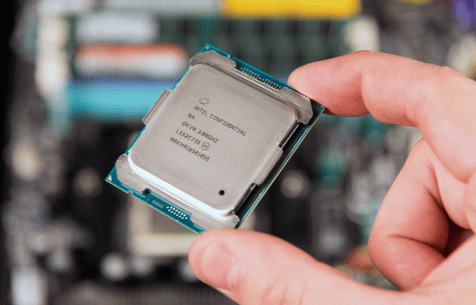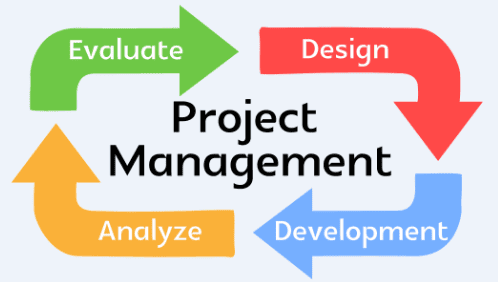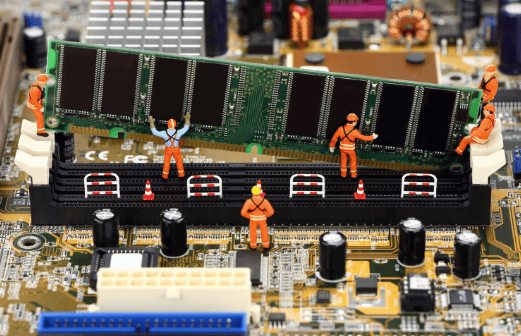
Expert in Camera Module Solution

Expert in Camera Module Solution

Embedded systems have come a long way since they were introduced, in the early 1960s. Applications of embedded systems are ever-increasing and the trend is growing in momentum with every year that passes. Embedded systems and microelectronics have accentuated the importance of technology in our day-to-day lives. We are surrounded by intelligent systems without even realizing it. Your prized MPS player, the GPS system in your car, your microwave oven – an embedded system lies at the heart of these things and so much more.
The time is here, as we move towards ubiquitous computing, almost everything from a toaster to a coffee maker is powered by an embedded system. So, if you are an embedded engineer, you ought to rejoice at the thought of the sheer number of opportunities open to you.
However, in the world of dynamic technology, this could be a double-edged sword. In order to keep up with the overwhelming pace at which the industry is progressing, you need to make sure to keep up with the evolving technology and keep your sharpened.

These are the 8 skills that every embedded engineer must have:
1. In-depth knowledge
Whether you are an assembly language programmer or design embedded circuits; you must have in-depth knowledge in your vertical. The more knowledgeable you are the more value you bring and the less dispensable you become. Subject matter experts are invaluable. Build your knowledge base and your reputation as the person who holds the knowledge. You will establish a reputation for yourself, your team and your company while making yourself indispensable.

2. Be an all-arounder
Companies these days are looking for engineers who understand the hardware and software aspects of any design – even embedded systems. You don’t have to be able to design the board AND write the software, but you should have more than a fleeting knowledge of the other while working with one.

3. Network
Whether it’s the Internet, a colleague, industry publications, or focus groups, online forums. Learn. Ask questions. Respond to questions you can answer. Take it all in. Be active. Aside from growing your knowledge, you will grow your social and professional network. It is probably the best way to learn something on your own. So, don’t just use it for social networking and entertainment. Maybe someone has already figured out the problem you are facing with your Raspberry Pie board. So, take advantage of all the open-source stuff out there. Be a part of an online community or a forum related to your domain, and learn exciting new things that will help you improve as an embedded system engineer.

4. Learn internet-based technologies
Sooner or later, Internet of Things (IoT) and Ubiquitous computing is going to take the world by storm. When that happens, the devices around us, that are already based on embedded technologies will become smarter and communicate with each other through internet-based communication. Knowing the in and out of embedded C won’t suffice then. To stay relevant, you need to learn those internet-based technologies today.

5. Become familiar with the latest processors
If you are still working on 8051 or ARM, there’s nothing wrong with that. However, if your knowledge about the latest processors and MCUs is nil, you are in deep water. To be a good embedded systems engineer, you need to have some knowledge and experience with the latest MCUs. So, start tinkering with the latest tech on the market as soon as you can get your hands on them.

6. Perfect your project management skills
You are not only an embedded systems engineer but also a professional. Most of the time you will be working to accomplish a specific goal with a group of individuals. You will need to cooperate and coordinate with these people with your co-workers. And, while you may not be the project manager, there may be one assigned to your team. Understanding the process, steps and approach will only benefit you in the long run. Project management skills will help you deal with the various aspects of corporate life.

7. Troubleshooting
You might be a great engineer with exceptional designing, coding and assembling skills. But even with you superhero-like skills you will come across situations when your design doesn’t work. Whether it’s a faulty IC or a defective component, the bottom line is the issues needs to be resolved. Having good troubleshooting skills will pay off in spades. If you are able to identify, isolate and fix the issues – you will save yourself time, effort and possible embarrassment. Troubleshooting isn’t always for the experts; there is a methodology you can use to help through the process. It will take time and patience, but the effort of perfecting your troubleshooting skills is definitely worth it.

8. Be creative
Your thoughts are your most valuable asset. What makes a good engineer different from an average engineer? Creativity. To design a functional system that stands out from the rest, you need to imagine it first. Your creativity will help you on your journey to become a good and successful embedded systems engineer. Creativity isn’t necessarily something you have or don’t have – it is something you can learn, a skill you need to practice. Play with your children, cousins, and nieces. Close your eyes and picture yourself as a microscopic carrier delivering protocol messages over the bus. Practice. If you don’t use it, you will lose it.

Acquiring these skills will help you excel as an embedded systems engineer. So avoid pigeonholing yourself. Step outside your comfort zone and learn new things, study the latest trends and be an expert embedded system engineer.
The original article is from: https://www.totalphase.com/blog/2016/08/8-skills-every-embedded-systems-engineer-should-have/